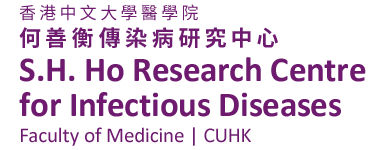Research
ID epidemiology
(Temporal, spatial, network, and molecular epidemiology)
Epidemiology is the study of the distribution of human diseases and their determinants in contexts of time, place and person. Infectious disease is a unique condition as, different from other health conditions, there are at least two instead of one living organisms involved – the human host and the microorganism. The complex inter-relationship between host and microorganisms, interplay of environment and genetics, and the non-random distribution of the human population, remind us that an integrative approach incorporating different methods can be a more effective strategy.
With the application of time-series analysis, geographic information system (GIS), social network analysis, and bioinformatics, we study infections ranging from influenza, HIV, viral hepatitis, TB, coronavirus, and other infections which emerge from time to time.
- Trajectory of immune recovery markers in people living with HIV following treatment
- Trajectory of SARS-CoV-2 neutralising antibody response
- Time-series analysis on the influenza-like-illness surveillance data
- Spatial and temporal epidemiology of pandemic influenza A (H1N1)2009
- Spatio-temporal association of ambient PM2.5 concentration with TB reactivation
- Spatial epidemiology of syphilis
- Temporal and networking pattern of TB cases in school outbreaks investigation
- Effect of social network on HIV prevention and transmission
- Epidemiological clusters of COVID-19 outbreaks and the associated exposure settings
- Phylodynamics and transmission network of HIV and HCV among different populations
- Metagenomic study on respiratory virus profile



